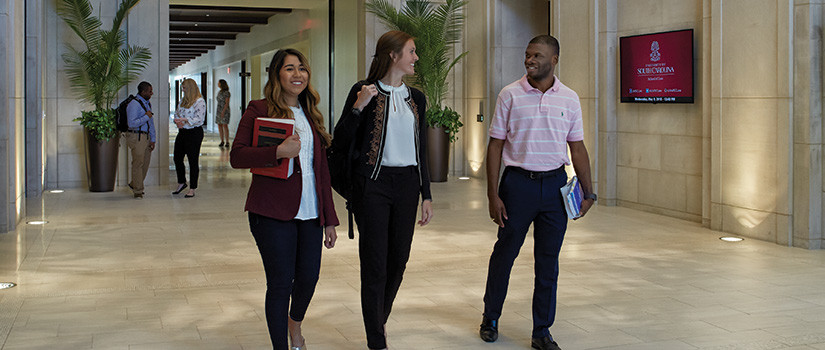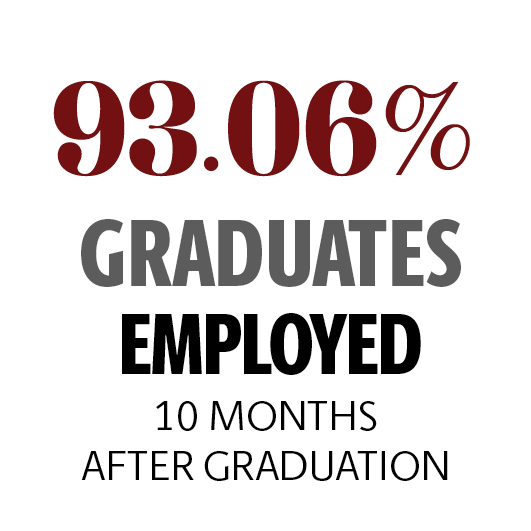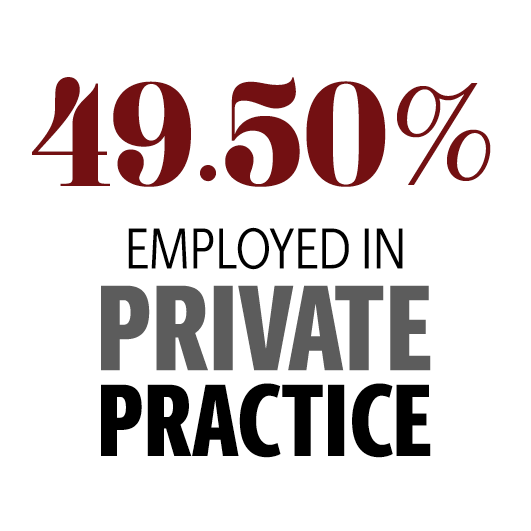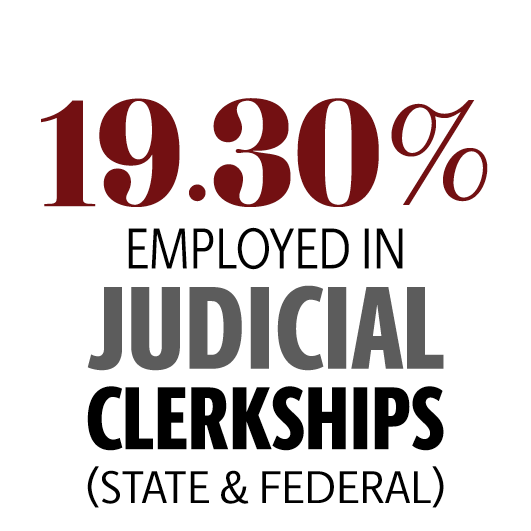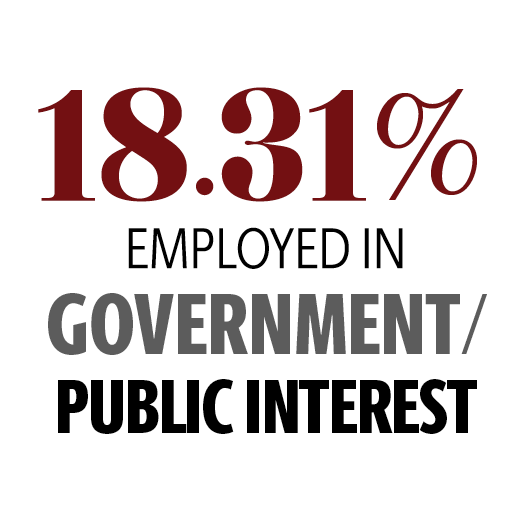Why South Carolina Law?
The University of South Carolina Joseph F. Rice School of Law prepares lawyer-leaders
to serve their communities through rigorous legal studies and exceptional experiential training.

Proximity
As a flagship university in a capital city, the School of Law has deep connections
to our government. Our new building is walking distance from important hubs like the
State House and the Supreme Court of South Carolina, and our students frequently find
externships and career opportunities within our network.

Opportunity
From our award-winning Pro Bono Program to our externships and clinics, you will have
the opportunity to dive deep on subjects you are passionate about. While first year
students everywhere have similar courses, in your second and third years you can explore
your interests, studying in major practice areas like litigation or corporate law,
or in specialized areas such as environmental law, children's law, or small business
law.
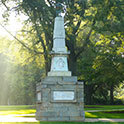
Connections
We have a vast alumni network throughout the state and the country. If you want to
stay in South Carolina after graduation, there's no better place to make contacts
in government or private practice. If you plan to go elsewhere, we have alumni in
major cities nationwide. Plus, South Carolina has adopted the Uniform Bar Examination
format, so you can take the bar here, but have the opportunity to practice in any
state that has also adopted the UBE.
Class of 2024 Employment
View our ABA 509 Report for more detailed information.

